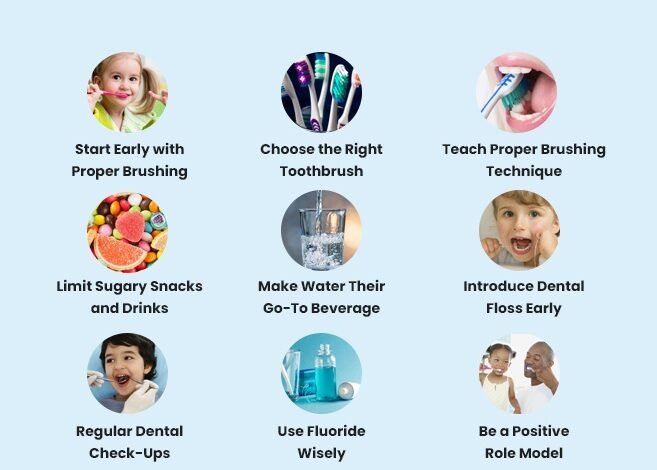3 Ways Dentists Support Your Oral Hygiene

Good oral hygiene can help you avoid or battle gum disease, cavities, and bad breath. While there are many ways to improve oral hygiene at home, visiting your dentist should be a priority. Dentists do a lot, from dental examinations to cleanings and oral health education. Here are three ways dentists will support your oral hygiene:
1. Dental Exams
Early detection of dental issues might help you resolve them before they become severe. That’s why dentists recommend routine check-ups at least every six months. Routine check-ups involve a thorough examination of your gums, teeth, and mouth. The aim is to check for dental problems, like cavities, oral cancer, and gum disease. Dentists will use visual examinations and X-rays in their diagnostic process.
Visual examinations help in spotting developed oral issues like cavities or surface abnormalities. If dentists want to get a more detailed view of your mouth, they often rely on dental X-rays. They use advanced diagnostic tools to detect issues that aren’t apparent during visual exams. Some of the issues X-rays may reveal include decay between teeth, periodontal diseases, and cancerous tumors. Your dentist will use the findings to determine the correct procedure for improving your oral hygiene.
2. Professional Dental Cleaning
Appointments with dental health providers may involve professional cleanings to maintain oral hygiene. Professional dental cleaning is part of preventive care and consists of removing plaque or tartar that might have accumulated on teeth. Dentists recommend getting a professional cleaning at least once every six months. Patients with various oral health issues, like gum disease, should get dental cleanings more often.
During a dental cleaning process, your dental hygienist will use a mirror to get a view of any plaque or tartar buildup. The next step involves using a scaler to remove tarter or plaque around the gum line. They’ll also brush and floss your teeth to complete the cleaning. Your dental specialist will also polish your teeth to get rid of any surface stains.
Sometimes, dentists may recommend deep cleaning, especially if you have periodontal pockets. These pockets sometimes result from previous poor oral hygiene practices, often leading to plaque and tartar buildup. If the pockets are deep, over 3 mm, you can’t rely on ordinary brushing or flossing. This is where deep cleaning can help since it’s a more extensive procedure that removes plaque and tartar to stop the advance of periodontitis.
3. Oral Hygiene Education
Dental professionals are more than just oral health experts; they also serve as educators. They provide oral hygiene advice to patients, helping them minimize the risk of oral health issues. Your dental health provider may educate you on proper brushing and flossing techniques. This includes brushing and flossing two times per day.
They’ll also recommend the appropriate oral care products, from toothpaste to toothbrushes and mouthwash. You may also benefit from your dentist’s nutritional advice to help maintain good oral health. They can emphasize a diet rich in vitamins, calcium, and minerals to promote healthy and strong teeth. Your dental professional will educate you on foods and beverages that can harm your teeth.
Visit a Trusted Dentist To Improve Your Oral Hygiene
The journey to fighting bad breath, gum disease, or tooth decay starts with good oral hygiene. Visiting dental professionals allows you to benefit from various services that improve your oral hygiene. They will examine your mouth and provide a comprehensive cleaning to prevent dental problems. Dentists also offer personalized education to patients to practice good oral hygiene at home. Visit a professional dentist today to improve your oral hygiene.













